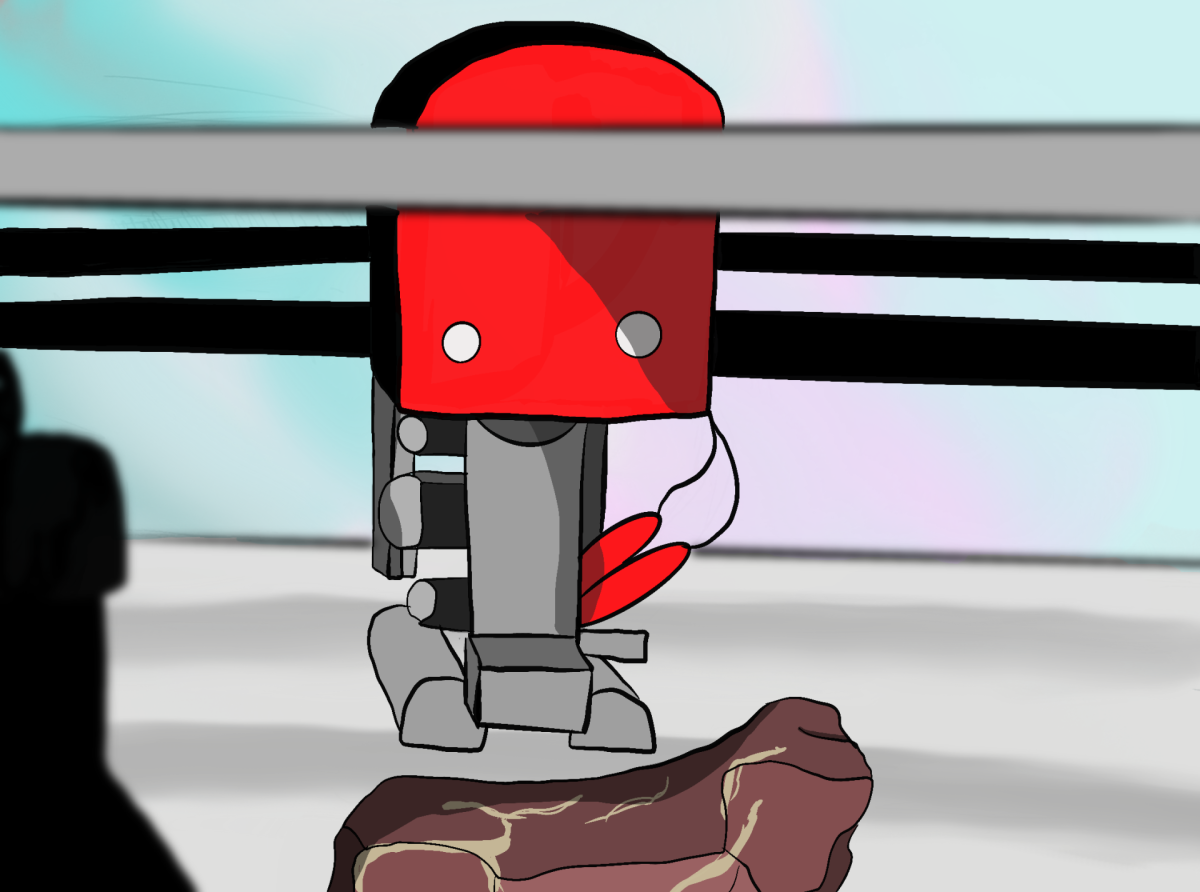In a move reshaping the food industry, the Food and Drug Administration recently approved the production of “cultivated meat.”
The process includes acquiring and reserving stem cells from animals grown in bioreactors at high densities and volumes. These cells are fed nutrient-rich densities that grow into skeletal muscle, fat and connective tissues that mirror conventional meat.
“The production cycle takes between two to eight weeks,” said Enakshi Ganguly, a researcher with the Good Food Institute, a nonprofit think tank working to advance alternative proteins globally. “Cultivated meat is genuine animal meat that is produced by cultivating animal cells directly, eliminating the need for raising and farming animals for food.”
The idea of cultivated meat has been around since 20th century scientist Winston Churchill’s essay “50 Years Hence.” In the essay, he predicted the future of cultivated meat. In 2001, biologist Willem van Eelen filed a patent for “industrial production of meat using cell culture methods.” This marked a major change in the development of cultivated meat for consumption.
“The alternative protein industry uses the term ‘cultivated meat’ over ‘lab-grown’ or ‘synthetic meat’ because the meat is made by cultivators,”Ganguly said. “Cultivated meat is made of the same cell types that can be arranged in the same or similar structure as animal tissues, thus replicating the sensory and nutritional profiles of conventional meat.”
A statement released by the FDA ensures that cultivated meat labels will be accurate, clear and otherwise compliant with applicable regulatory requirements.
“Cultivated meats seem to be a positive development for animal welfare,” said Stephon Hannah, a nutritionist and personal trainer at Chicago Public School. “I have been vegan for 15 years due to the treatment of animals. I am thankful that someone is figuring out a substitute that is harmless.”
Some consumers are still skeptical.
“Just as the COVID-19 vaccine had many skeptics, the regulation of cultivated meat will too,” said Andrea Stoeva, an environmental science student at DePaul. “Skepticism is good because the public will demand detailed information from cultivators and investors.”
“It’s an interesting forward path,” said Kyle Grice, an associate professor of chemistry and biochemistry at DePaul. “Food is not created on a small scale. It takes a lot of space, resources and energy to get all foods from process to the table.”
Grice said his research has found that creating meat in this way – rather than raising, slaughtering and transporting cattle – could have a big impact on reducing CO2 emissions that scientists determined are contributing to global warming and climate change.
“I am truly excited about the process, I just hope that renewable energy is a part of the process to cut emissions even more,” Grice said.
According to GFI, “By 2030, cultivated meat could have lower overall environmental impacts and be cost-competitive with other meats.”
“It would be even better for the environment and cost-efficient to couple energy required to produce meat in a laboratory with renewable energy,” Grice said.








